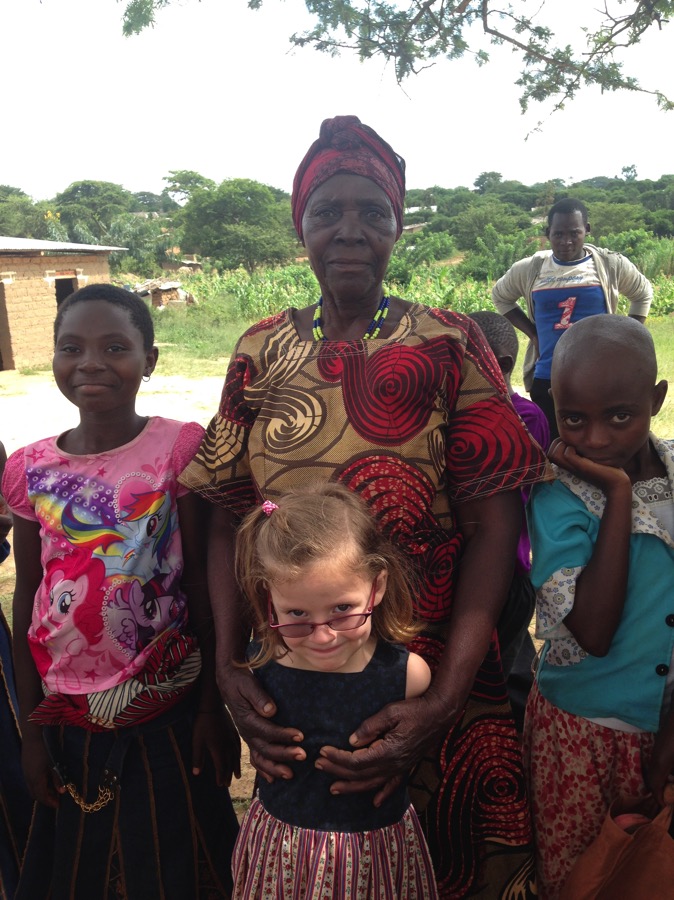6 Things You Might Not Know About Refugees
Refugees and immigration have been front and center in people’s minds the last couple years. When we were on our first furlough and mentioned our work in a refugee camp, we were met with blank stares or questioning looks. Few people knew much about refugees. That had completely changed for our second furlough. Now, when we talk about it, people have more of a frame of reference.
When we came to Uganda, we knew about the refugees living here and hoped to work with them one day. We did not, however, expect to work with them immediately. God had other plans. We were involved in a refugee ministry within 6 months of moving to Uganda.
There is something of a learning curve when you are working with displaced people. For one thing, they use an amalgamation of languages when they speak. For instance, in any given conversation, I have to be ready to understand Swahili, Kinyarwanda, Runyankore, and French. (These people put me to shame with their language skills!)

Here are some things we’ve learned as we’ve been here.
1. These people are the “lucky” ones.
The refugees that you see around the world are not the poorest of the poor from their country. They owned businesses, had jobs, were in skilled trade. They had things they could sell so they could travel to another country and seek refuge there. The poorest people had to stay and many died.
2. The best and brightest are the ones who leave first.
When the country of origin empties due to war or famine or genocide, the ones who leave are those who’ve had education. They are the ones who could go back and teach others in their country of origin. They could reestablish stability and education there. These are the ones who leave first and most times they never return. They only live in a refugee camp for a short time. Their skills make them “valuable”.
3. Refugees struggle with boredom and a lack of purpose.
Most of our people can plant and grow crops but this is limited. A refugee in our camp isn’t allowed to grow more than two matoke plants. They can’t grow anything outside their allotted area. Some refugees are given areas without any growing space. They’d be happy to start businesses again, but raising capital to do this is difficult. Besides, they’d really rather not be living in a refugee camp. So many of them get to just sit around and do nothing.
4. No matter how long they live in their host country, they are viewed as outsiders.
We have people in our refugee camp from Rwanda that have been living here for over 25 years. Their children were born here, grew up here, and have children of their own. But they are still viewed as outsiders by the Ugandans. Sometimes they are even mistreated.
5. Refugees all dream of emigrating to another country.
If you had to live in poverty and near starvation for weeks, months, and even years on end, wouldn’t you want to leave? The refugees dream and hope that they will be one of the ones who is chosen to go through the lengthy process of approval to leave for another country. This process differs by country and takes anywhere from 2 to 4 years. It includes physicals, interviews, tests, and more interviews. Even then, they don’t always get approved to emigrate and have to go through the whole process again.
The first ones to leave are the ones with the most education. These people are easiest to integrate into another country. They can step into jobs or training with little grooming on the part of the host country.
6. Refugees also dream of repatriating back into their country of origin.
I didn’t realize this was even a possibility until we’d been here for a few years. Almost 1/3 of Ngarama moved back to Congo. The region they were from was peaceful again and they felt it safe to move back. They are more at home in their own country than they are as refugees in a foreign country. In fact, I think many of the people in our camp would choose to move back to their country of origin if they felt they would be safe in doing so.
Keep these things in mind next time you hear about refugees in the news. If you have any questions, feel free to ask in the comments or send me a message
nd I’ll try to answer.

I’ve taught many refugee children here in the United States. They are a joy to teach! They are so eager to learn and their parents take their education seriously. They are quick to pick up the English language . Parents come to school often to check on their progress and behavior. They look at being in America as a privilege. It has been a joy to be a part of their lives.
All our people hope to emigrate to the US and they are all working to learn English just in case they can. Sometimes I think the legal immigrant population in the US appreciates things like free education and American privilege more than people who were born in there! They’ve lived in places where they didn’t have those things!